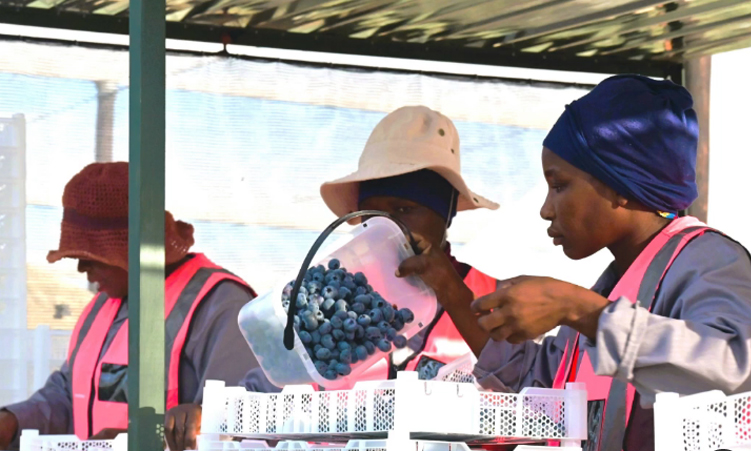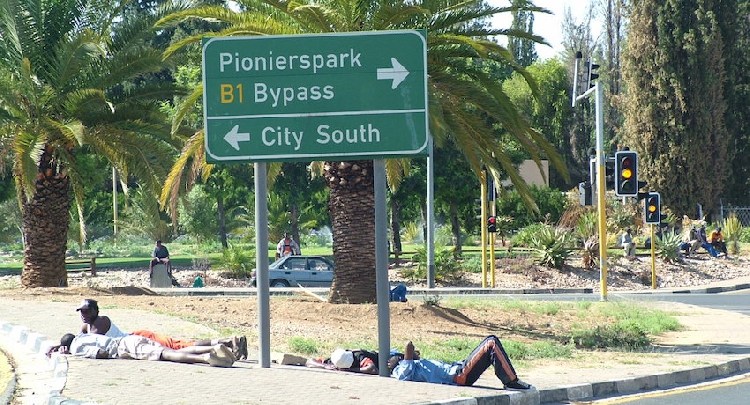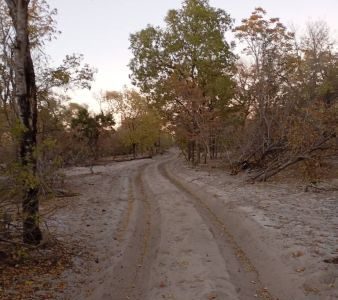Kavango East traditional leaders are investigating how Namibia Berries acquired land in the area without the traditional chief’s approval.
The company has promised to create 8 000 jobs and invest N$1.5 billion in the country, but its journey is affected by a stand-off over the allocation of land.
The traditional leaders’ investigation stems from allegations that the company acquired land without obtaining the approval of Hambukushu chief Erwin Mbambo.
Michael Mutondo, the secretary of the Hambukushu Traditional Authority, says the investigation follows complaints from local families that they were allegedly dispossessed of their land.
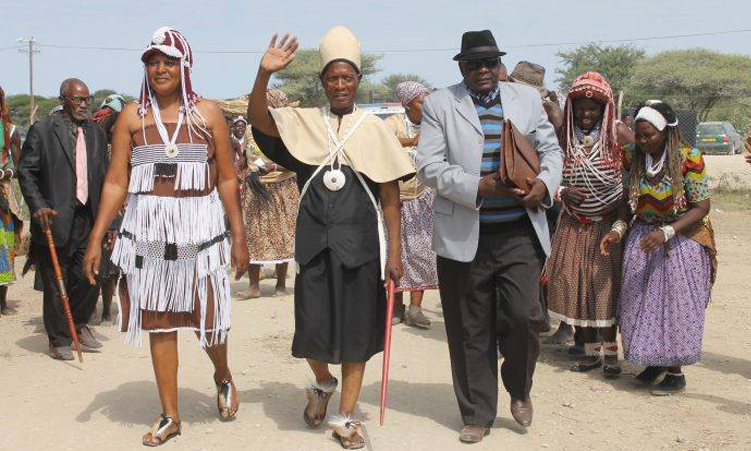
Namibia Berries acquired land at Ndongo village, approximately 2km from Divundu towards the Mohembo border post.
The berry project has attracted significant investments.
In August, Eos Capital, through its Euphrates Agri Fund, acquired a 15% stake in Namibia Berries.
The firm was in the news earlier this year when the Namibia Competition Commission (NaCC) fined Bank of Namibia governor Johannes !Gawaxab due to his interest in Eos Capital Namibia, an investment firm with a portfolio nearing N$1 billion.
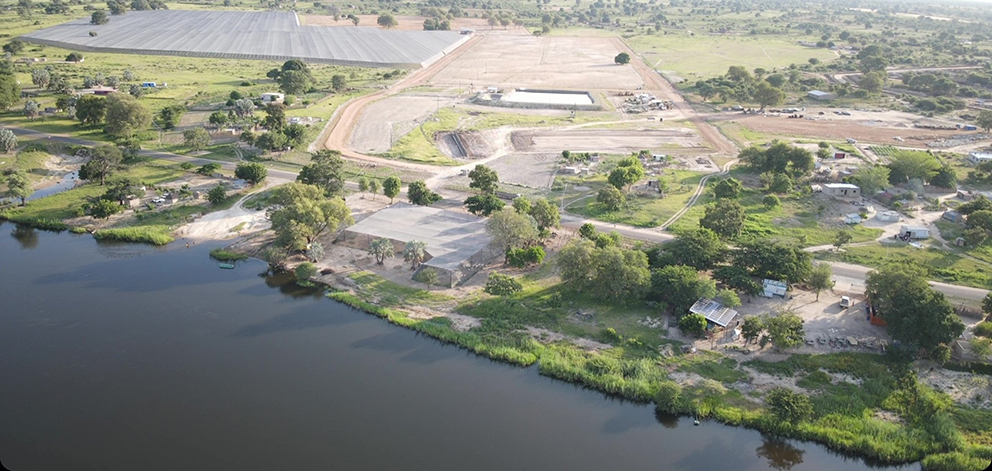
CHIEFS IN THE DARK
Mutondo says the land was acquired without Mbambo’s knowledge or consent.
Concerns have been raised by local villagers who allege that their land was taken without their consent or sold without their knowledge, he says.
“To us it is a surprise that they took the land without the consent of the fumu (chief). We want to engage them to see how best we can solve this, but we are investigating,” Mutondo says.
He says their chief has since asked for a meeting with the Divundu Village Council, which was set to take place yesterday at the Hambukushu Traditional Authority at Mukwe.
“It’s not fair. People are coming to grab the land without the consent of the chief, the custodian of the land,” he says.
Mutondo claims the size of the land taken is “a lot of hectares”.
“Others (in the area) complain that some people sell other people’s land to the blueberry project. By the time they realise the land is sold, the sellers have already gotten the money,” he says.
Mutondo says the traditional authority does not know how much the land is allegedly sold for.
The chief should decide whether to fine the alleged land sellers or not, he says.
Raphael Dikuwa, the chairperson of the Hambukushu Traditional Authority, referred The Namibian to the chief.
Mbambo declined to comment on the matter, saying he can only talk to the media face to face.
CUMBERSOME PROCESS
Namibia Berries director Michèle James says the company pays affected community members a monthly access fee in accordance with the community and the Divundu Village Council.
“The Ministry of Agriculture, Water, and Land Reform oversees the valuation and compensation process, while the village council manages the final disbursement in collaboration with Namibia Berries and the community,” she says.

She says the process includes support for in-kind compensation where appropriate.
“For example, Namibia Berries has agreed to build a new church as in-kind compensation for the pastor affected by the project, meeting local needs and expectations,” she says.
She says the farm plans to cultivate about 250ha in the area.
However, chief executive officer and founder of Namibia Berries Michael Rodenburg last week told reporters it took them two years to get the land near Divundu.
“We were on our way out to try Botswana, however, on our last day, we got to talk to the chief executive of the town council and that was how we were eventually able to get land,” he said.
He said if Namibia could make the process of acquiring land less cumbersome, the country would attract more investment.
“The bulk of the land is available, but to get it, you need to deal with the kings and headmen, and that is very difficult,” he said.
Sebastian Muhembo, a senior Hambukushu headman, said the right procedures were not followed when the farming project was established.
Ondonga Traditional Authority Frans Enkali said chiefs do not have jurisdiction over land within local authorities’ boundaries.
“It’s just to confirm that that land originally belonged to that person or family,” he said.
ANCESTRAL CLAIMS
Some villagers accuse the Divundu Village Council of illegally taking their ancestral land and giving it to a blueberry farming project.
“The history of this land dispute dates back to 2022 when a South African company, through a local partner, approached the Divundu Village Council with a proposal to establish an irrigation project alongside the Okavango River,” the community said in a document shared with The Namibian.
According to the villagers, the disputed land has been used for grazing and subsistence farming for about 150 years.
“The Divundu Village Council used a colonial administration style of land expropriation,” they said.
They claimed the village council did not consult them or the Hambukushu Traditional Authority.
“This attitude of the village council constituted an unlawful expropriation of land without just compensation, contrary to Article 16(2) of the Namibian Constitution,” the villagers said.
The villagers accused Namibia Berries and the Divundu Village Council of not obtaining approval from the Kavango East Communal Land Board and the Hambukushu Traditional Authority.
“They could not produce a formal letter from the minister of agriculture, water and land reform. This constitutes the unlawful occupation of communal land in terms of Section 43(1) of the act.
“Although this is an unlawful occupation, Namibia Berries, with a foreign-based parent company, continues to erect fences covering more than 20ha in a communal area in contravention of Section 18 of the act,” they said.
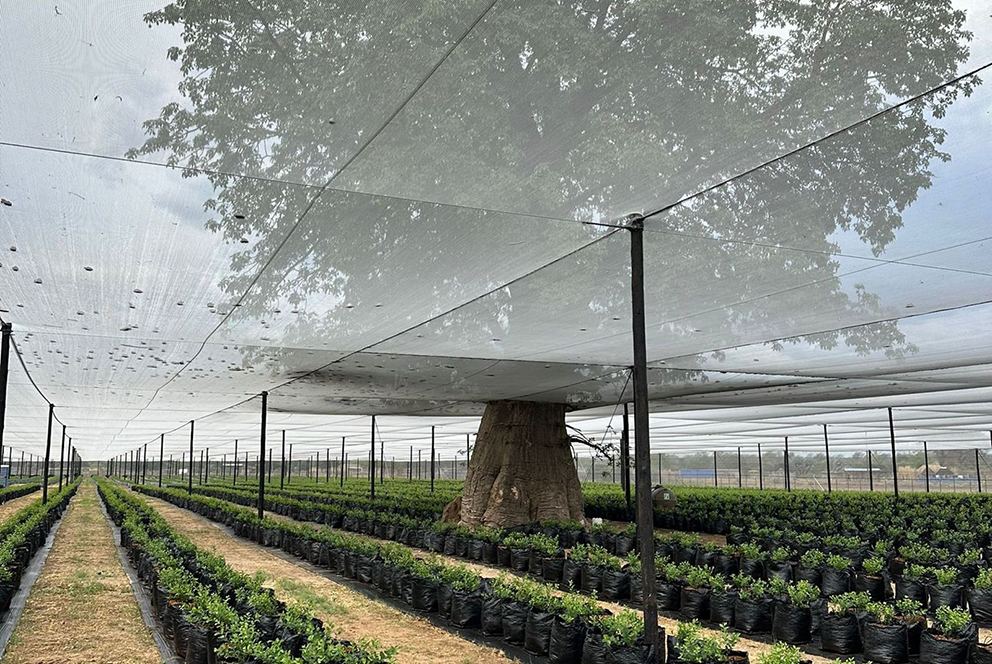
‘POLITICALLY MOTIVATED’
Mukwe constituency councillor Damian Maghambayi on Sunday said those whose land had been taken were fairly compensated.
He said it was not easy to establish the farm as some people complained that their human rights were being violated.
The Office of the Ombudsman investigated the claims and found that there were no human right violations, Maghambayi said.
“Proper procedures were followed and people were compensated. As far as I know, the majority of the people were compensated. “If someone is writing to the newspapers to say that their land has been taken, I think those are politically motivated moves and should not really be entertained.”
Last year Maghambayi told the Namibian Broadcasting Corporation that the project would create about 200 jobs.
However, Mutondo claims jobs cannot be created for some by depriving others.
Divundu Village Council chief executive officer Athanasius Maghumbo yesterday said the village council had a series of community meetings with residents regarding the blueberry farming project.
“The majority of the Ndongo community is happy about the project as it has created much-needed employment opportunities for the youth.
“Only those who want to score cheap political points are instigating the unenlightened to disturb the project’s progress,” he said.
Maghumbo said the project has commenced with phase two, which involve fencing and netting.
“The council has approved the establishment of a township for relocation and resettlement of the affected community members,” he said.
However, the chief executive officer failed to lift the lid on how many people gave up their land, how much they were compensated with, how much the village council spent in total on compensation, and why the Hambukushu chief was not informed about land acquisition.
On its website, Namibia Berries claims the development is supported by global investment partners, and local government and community endorsement.
Stay informed with The Namibian – your source for credible journalism. Get in-depth reporting and opinions for
only N$85 a month. Invest in journalism, invest in democracy –
Subscribe Now!



